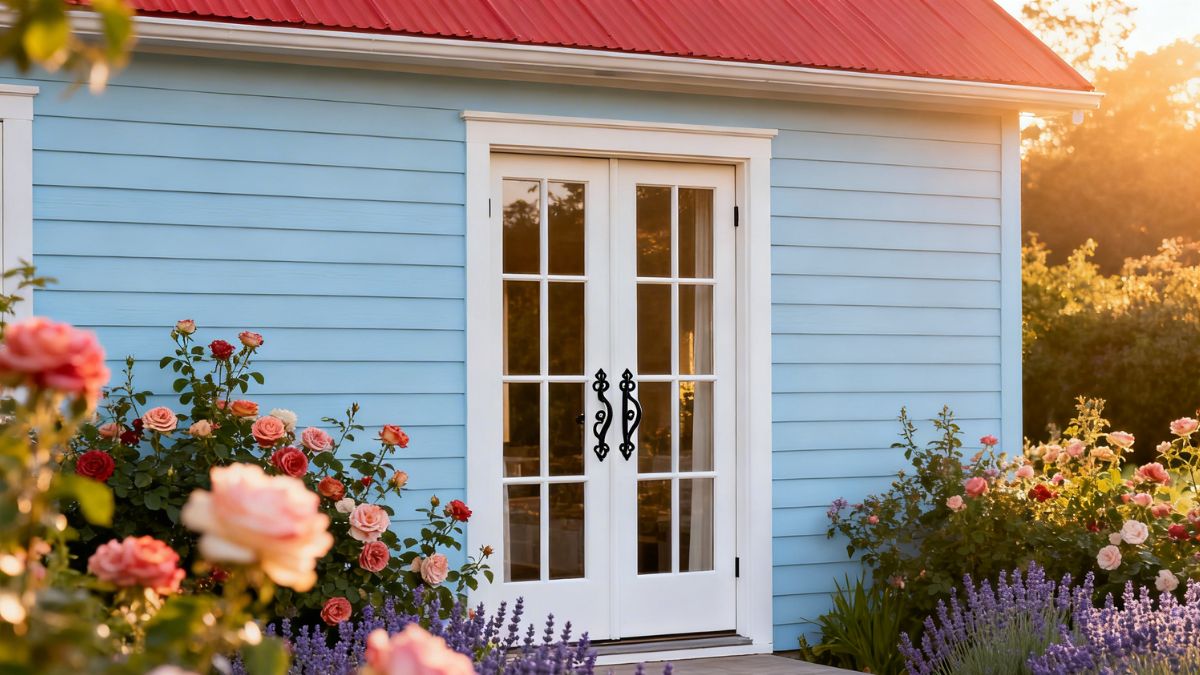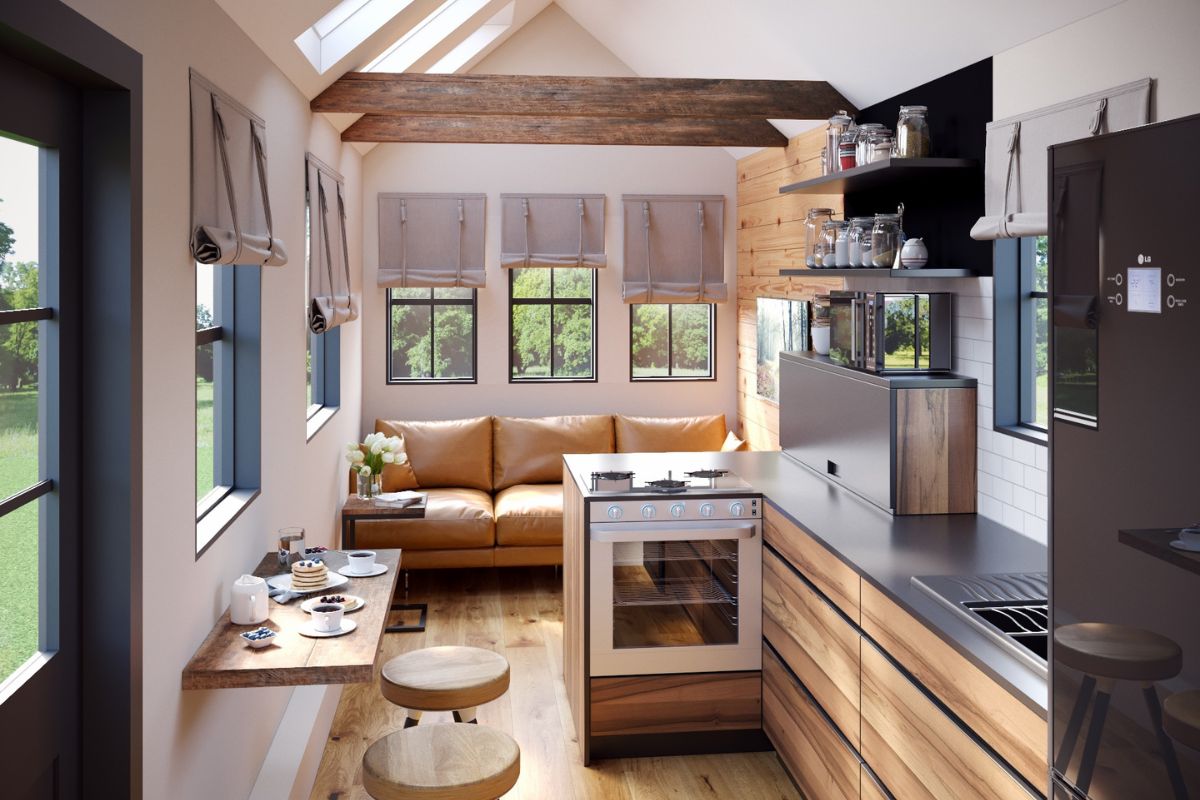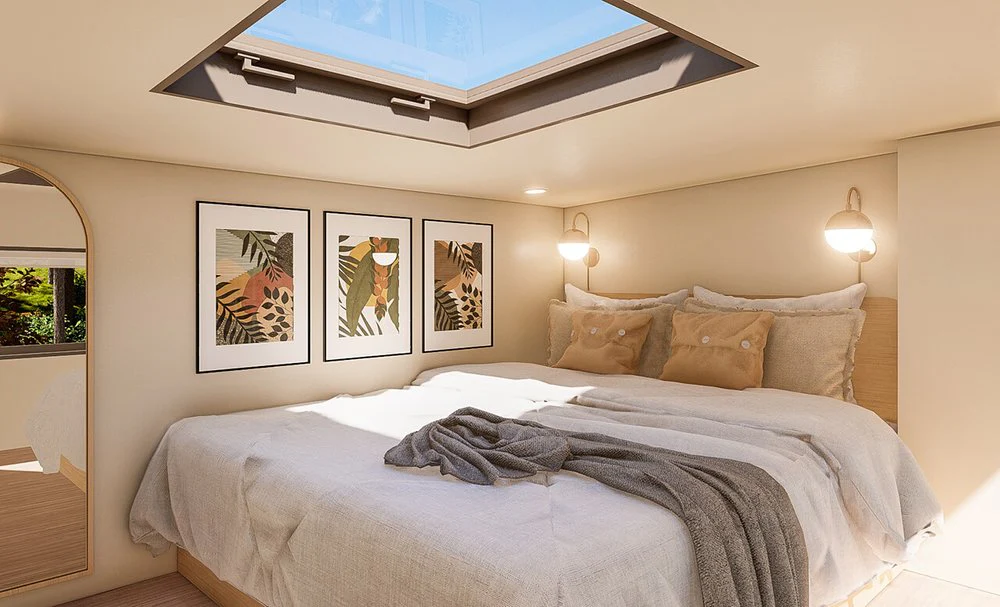Can You Legally Live in a Tiny Home?

Image Source: Canva
Imagine this: you've scaled down your life, packed away your belongings and are ready to adopt the minimalist lifestyle in your new tiny home. But wait, is it even legal?
- Legal knowledge is crucial to avoid fines and legal issues in tiny home living.
- Zoning and building codes significantly influence tiny home placement and construction.
- Navigating land use laws is essential for legally setting up a tiny home.
- Understanding utility and off-grid options is key for sustainable tiny living.
- Securing specialized insurance is necessary for risk management in tiny homes.
The maze of building codes, zoning laws, and property regulations can feel like walking through a minefield. But don't worry, it's not as intimidating as it seems. We're going to unpack all these regulations, state by state, and even touch on the hot topic of insurance for tiny homes. Why don't you stick around to discover if your dream of tiny house living can become a legally sound reality?
Legal Considerations
Before you take the exciting leap into tiny house living, it's important to understand the legal considerations, including building codes, zoning laws, insurance requirements, and land use regulations, that can greatly impact your dream of downsizing. Ignorance of these laws can not only bring about hefty fines but also potential legal action. Hence, it's critical for you to be thoroughly versed in your local and state laws.
Understanding land use laws and property ownership rules is fundamental to your tiny house journey. You must think about whether you're purchasing or renting land for your tiny home, and remember, some cities have specific zones designated for tiny houses. Also, be aware of the regulations around utility hookups such as water, sewage, and electricity.
Insurance requirements, too, play a significant role. You'll need to consider a homeowner's or specialty insurance policy that covers tiny houses. Liability coverage is essential, especially if you plan to rent out your tiny home. Be sure to consult with insurance providers to understand your options better.
In a summary, by understanding these important legal considerations, you're one step closer to responsibly enjoying your tiny home living.
Building Codes and Zoning Laws
Having understood the importance of legal considerations, let's now turn our focus to the building codes and zoning laws that govern tiny house living. It's important to recognize that these laws vary by location, sometimes greatly.
It's not simply a matter of choosing a design and starting construction. You need to make sure your tiny house is compliant with local codes, which often regulate aspects like minimum square footage and safety features.
Some areas may not allow tiny houses at all, while others have specific zones designated for them. Compliance isn't optional; failure to meet these standards could result in hefty fines or even legal action. That's why it's critical to research and understand the regulations in your area before you start building.
Land Use and Property Ownership
Understanding the rules around land use and property ownership is a vital step in your journey to living in a tiny home. You'll need to navigate local ordinances and restrictions, making sure your dream doesn't clash with the laws of the land.
When choosing a location for your tiny home, it's important to consider zoning laws. Some municipalities have strict regulations about what can be built where, which could limit your options. For example, some areas may only allow tiny homes in designated zones or mobile home parks.
Buying land for your tiny home isn't your only option. You can also consider leasing or renting land. However, be mindful of rental agreements and land leases. They should clearly define your rights and responsibilities as a tenant. It's also a good idea to keep an eye on local laws and regulations that could affect your property rights.
Lastly, don't forget about property taxes. They're a vital aspect of land ownership that can impact your budget. Therefore, do your research and plan ahead.
Embracing the tiny home lifestyle is both exciting and rewarding, but it's essential to understand the legalities of land use and property ownership to ensure your journey is smooth and lawful.
.jpg)
Utility Hookups and Off-grid Living
When it comes to living in a tiny home, you'll need to take into account both utility hookups for electricity, water, and sewage, as well as the possibility of going off-grid. It's not just about downsizing your living space, it's about understanding and planning for your basic needs.
Utility hookups are essential if you're parking your tiny house on a traditional property. You'll need to guarantee your tiny home can connect to the existing utility grid, which may require professional installation or modifications to your home. This can be an added cost, but it's a crucial step to legally live in your tiny home.
But what if you're drawn to the allure of off-grid living? Solar panels, composting toilets, and rainwater harvesting systems can allow you to live independently of public utilities. Nevertheless, be aware that local laws and regulations might restrict off-grid living. Always research your local laws before making these significant changes.
Insurance Requirements
Securing proper insurance is a critical step you can't afford to skip when planning to live in a tiny home. While you might think your tiny home is just a small dwelling, insurance companies see it differently. They consider the potential risks associated with such a unique living arrangement.
Many insurance providers offer coverage specifically designed for tiny homes. This specialized coverage takes into account the unique aspects of tiny living, from the custom-built nature of many tiny houses to the potential for mobility if your home is on wheels. Policies typically offer protection from a range of risks, including theft, fire, and weather damage.
Not all tiny homes are equal in the eyes of insurers. Factors like where your tiny home is located, whether it's on a permanent foundation or on wheels, its size, and its build quality can all affect your insurance needs and costs.
It's essential to thoroughly research and compare different insurance options to make certain you're adequately covered.
Conclusion
To start on a tiny house lifestyle can be a liberating experience, but it requires understanding the legalities involved. From building codes to zoning laws, land use rights, utility hookups and insurance requirements, each plays a pivotal role in your shift.
With this knowledge, you're now equipped to make informed decisions, paving the way for a sustainable, minimalist lifestyle. Adopt the tiny house movement, and let your dream of a simplified life become a reality.







.jpg)

